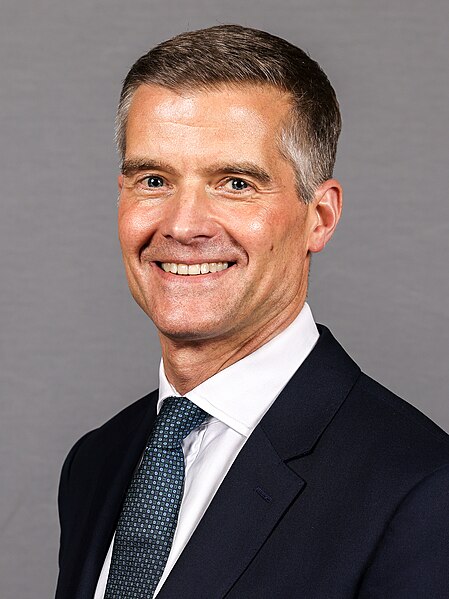
Transport Secretary Mark Harper recently discussed the imminent arrival of driverless cars on UK motorways, projecting their viability by 2026. Harper anticipated that car owners could
potentially travel without actively monitoring their journey's progress by the year's end.
Earlier, the government outlined intentions to introduce legislation facilitating automated driving across UK roads. However, skeptics caution against premature implementation, citing potential risks of accidents if the technology isn't adequately developed.
Harper, speaking on BBC Radio 4's Today programme, expressed personal observations of the technology's usage in California, aiming to instill public "confidence" in a robust safety framework. He shared, "The legislation is currently progressing through parliament, with hopes for completion by the end of 2024." He further indicated that around 2026, aspects of cars equipped with comprehensive self-driving capabilities could begin to emerge.
Emphasizing a gradual rollout, Harper affirmed that the decision to adopt this technology would rest with individuals. He highlighted its diverse potential benefits, especially in significantly reducing the 88% of road accidents attributed to driver errors, potentially enhancing safety for drivers, passengers, pedestrians, and cyclists alike.
Despite successful trials of fully automated vehicles in the US and China, the UK has exercised caution. Presently, some car models feature driver-assist technology, enabling them to maintain alignment with traffic and stay within lanes. However, human drivers are required to keep their hands on the wheel and maintain visual attention on the road.
Ford's Mustang Mach E stands as an exception, permitting UK drivers to momentarily release the wheel on select motorway stretches in England, Wales, and Scotland. Even so, drivers are instructed to remain visually engaged with the road.
When asked by BBC Radio 4's guest editor, James May, about the plausibility of an autonomous car driving from a pub, Ford BlueCruise director Charles Nolan acknowledged the current limitations. He expressed, "The technology isn't at that stage yet. I believe there's a considerable way to go. The evolution of technology, software, regulations, customer acceptance, and affordability are crucial components."
Nolan emphasized the need for technological and regulatory evolution, along with public acceptance and affordability, for the eventual realization of such advanced autonomous driving experiences. Photo by UK Government, Wikimedia commons.



































